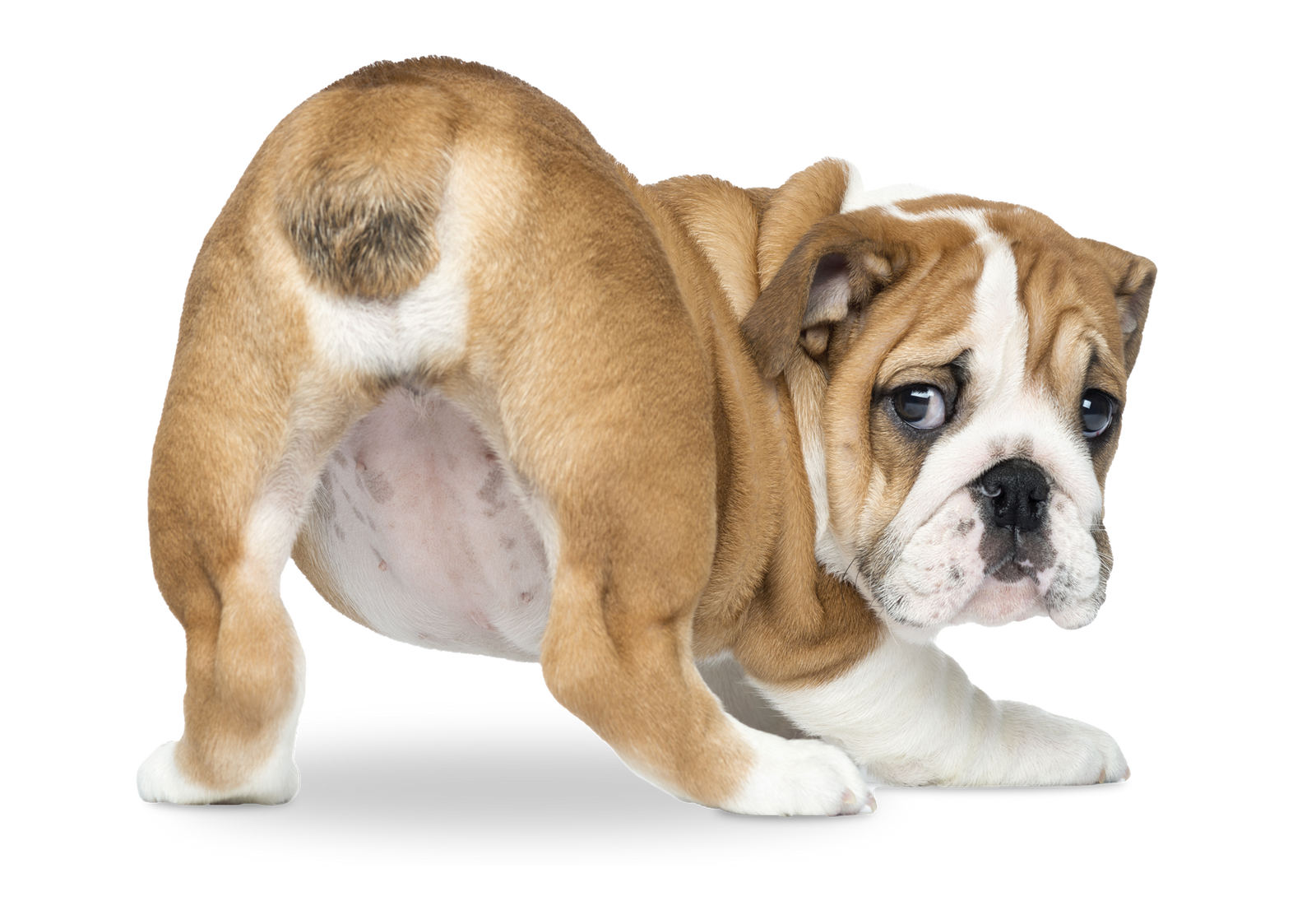Gas Relief For Dogs: Home Remedies For Gassy Dogs

Can your dog clear a room with their gas? You’re not alone! Many dog parents have experienced the embarrassment and unpleasantness that comes with dealing with a gassy pup. Understanding the causes of gas in dogs and knowing how to address it can help both you and your furry friend enjoy a happier life together.
In this guide, we’ll explore gas relief for dogs, delve into common causes, and discuss effective home remedies to ensure your dog stays comfortable and gas-free.What causes dogs to have gas?
Understanding the reasons behind your dog's gas is the first step toward finding effective canine gas remedies. There are several common factors that can contribute to excessive gas in dogs, ranging from diet to lifestyle habits. By identifying and addressing these causes, you can help reduce your dog's gas and improve their overall well-being.
Upset Stomach or Digestion Issues
One of the most common reasons dogs develop gas is an upset stomach or digestive issue. When a dog’s digestive system is out of balance, it can lead to excessive gas production. This can be caused by a variety of factors including bacterial imbalances, food intolerances, or simply eating something that doesn’t agree with them. If your dog often seems to have an upset stomach, it’s worth investigating their diet and digestive health.
Change in Diet
A sudden change in diet can also lead to gas in dogs. When you switch your dog's food, their digestive system needs time to adjust to the new ingredients and nutrients. Rapid changes can disrupt the balance of bacteria in the gut, leading to increased gas production. It’s best to transition to new foods gradually to avoid upsetting your dog's stomach.
Allergies
Food allergies are another culprit behind dog gas. Common allergens such as beef, dairy, wheat, and chicken can cause digestive issues and gas in sensitive dogs. If you suspect that your dog’s gas is due to an allergy, consulting with a veterinarian can help you identify the specific allergen and adjust your dog’s diet accordingly.
Eating Habits or Lifestyle Issues
Sometimes, the way your dog eats or their overall lifestyle can contribute to gas. Dogs that eat too quickly often swallow a lot of air, which can lead to gas buildup. Additionally, lack of exercise or sedentary behavior can slow down digestion, causing gas to accumulate. Ensuring your dog eats slowly and gets plenty of exercise can help mitigate these issues.

How to relieve dog gas
Finding effective gas relief for dogs can make a significant difference in their comfort and your household environment. Addressing the root causes and implementing targeted strategies can help manage and reduce gas in your furry friend. Here are some proven methods for relieving gas in dogs to ensure they stay happy and healthy:
Improve Diet
One of the most effective ways to relieve gas in dogs is to improve their diet. Feeding your dog high-quality, easily digestible food can significantly reduce gas production. Look for foods with simple, natural ingredients and avoid those with artificial additives and fillers. You can also add digestive aids like probiotics to help maintain a healthy gut flora.
Digestion & Anal Gland Remedies
Supporting your dog's digestion allows for healthy, solid, normally-formed stools. Normal bowel movements aid in consistent anal gland expression so that anal gland issues do not occur. Digestive enzymes and probiotics can aid in breaking down food more efficiently, reducing gas and providing good quality stool. Regularly supporting anal gland health and, if necessary, having your dog’s anal glands expressed can prevent issues from developing.
Exercise
Regular exercise is essential for a dog’s overall health and can also help reduce gas. Physical activity helps stimulate digestion and prevent gas buildup. Make sure your dog gets plenty of opportunities to run, play, and engage in activities that keep their digestive system active and efficient.
Home remedies for dog gas
When it comes to canine gas remedies, there are several home treatments that can provide relief.
Adding a small amount of plain yogurt to your dog's diet can introduce beneficial bacteria to their gut, improving digestion.
Ginger, known for its anti-inflammatory properties, can help soothe an upset stomach and reduce gas.
Additionally, activated charcoal supplements are known to absorb gas and toxins in the digestive tract, providing quick relief.
Daily probiotics for dogs can also help maintain a healthy digestive tract and promote a more balanced gut microbiome, which in theory should reduce instances of excessive gas.
When using over-the-counter medications like Gas-X® for dogs, it’s crucial to consult with your veterinarian before giving any medication to ensure it’s safe for your pet and you’re administering the right dosage.
Ultimately, the best approach is a combination of dietary management and natural remedies tailored to your dog’s specific needs.
Is a dog having gas dangerous for their health?
While gas in dogs is usually more of an inconvenience than a serious health issue, it can sometimes indicate underlying problems that need attention. Chronic or severe gas can be a sign of digestive disorders, infections, or even more serious conditions like gastrointestinal blockages. If your dog's gas is accompanied by symptoms like vomiting, diarrhea, or significant changes in appetite, it’s important to seek veterinary advice.
When to consult a vet about dog gas relief
If you’re asking, "My dog has bad gas, what can I give him?", and home remedies or dietary changes don’t seem to be helping, it’s time to team up with a veterinarian. Persistent gas, especially when accompanied by other symptoms, warrants a professional evaluation. Your vet can conduct tests to determine the underlying cause and recommend appropriate treatment options for your dog.
Dealing with a gassy dog can be challenging and unpleasant for you both, but understanding the causes and implementing effective gas relief for dogs can make a big difference. By improving diet, encouraging regular exercise, and using natural remedies, you can help your dog feel more comfortable and reduce the instances of embarrassing gas. Always keep an eye on your pet’s health and consult a veterinarian when necessary to ensure your dog’s well-being.






